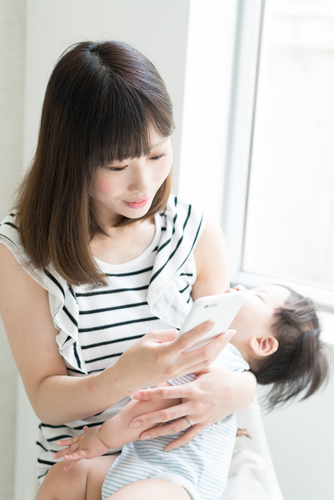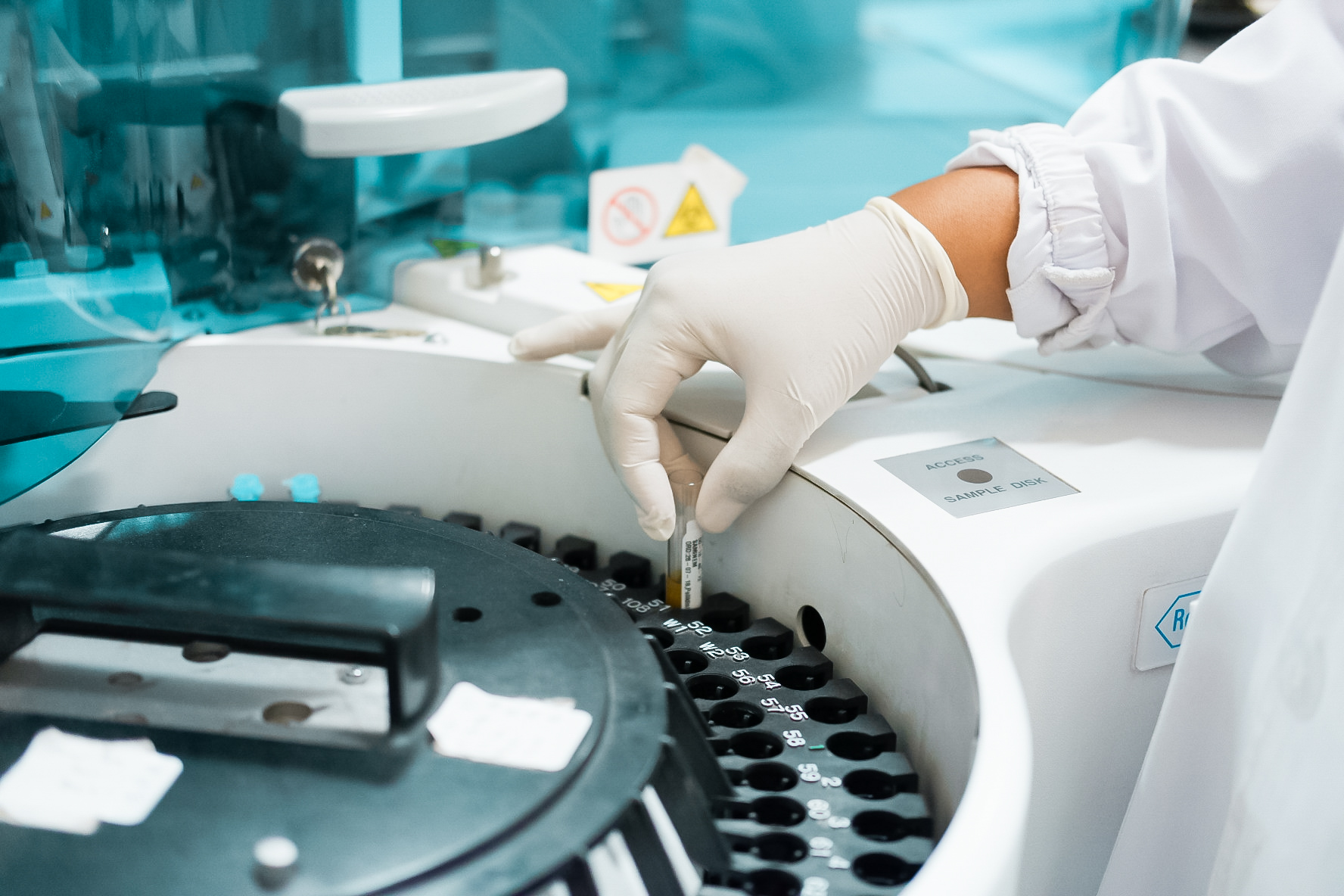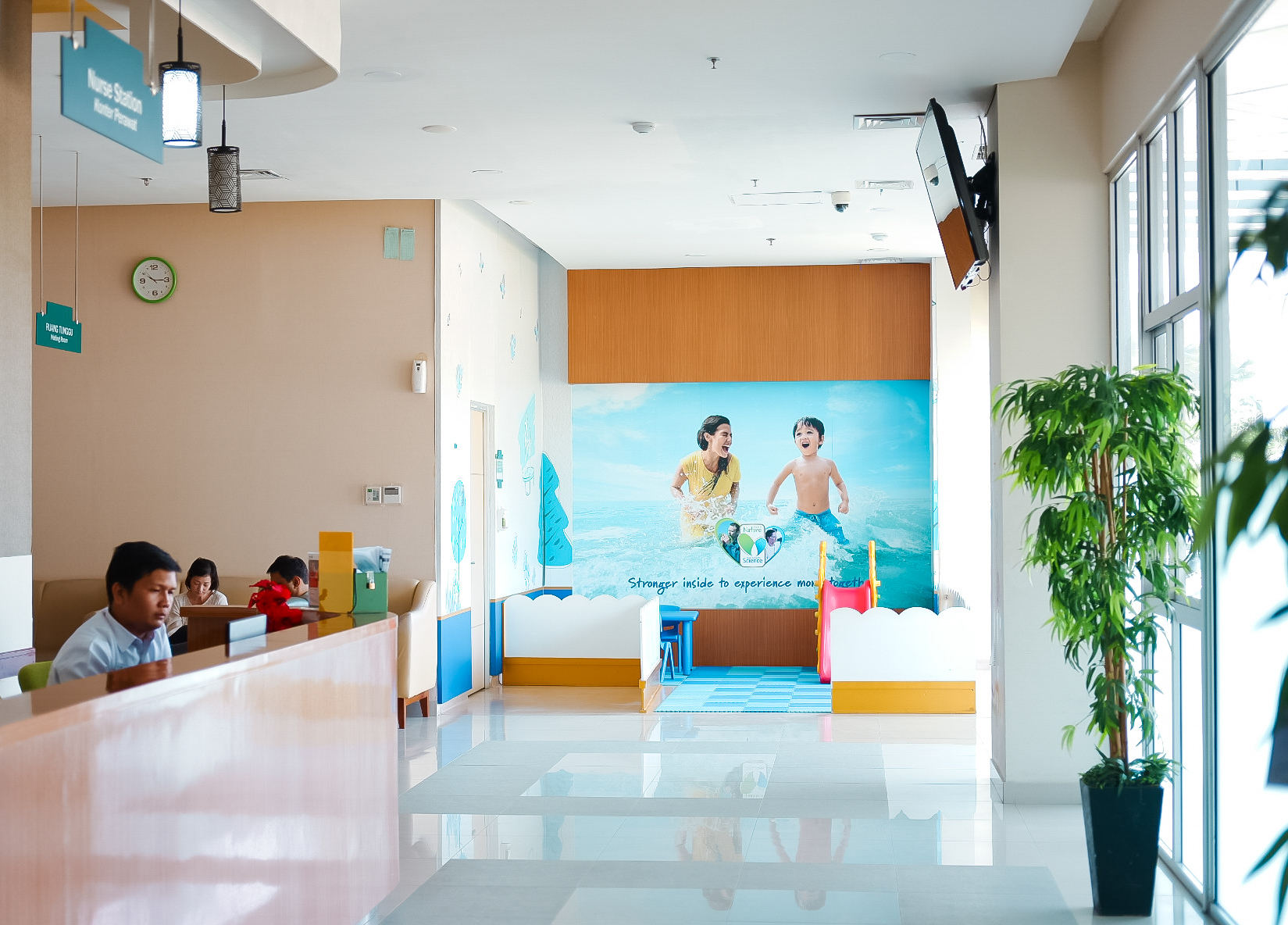
When a child has a febrile seizure, parents often feel panicked, especially when they see the child's body stiff and tense with their eyes wide open (wide-eyed). Febrile seizures in children are seizures that occur due to a sudden and drastic rise in body temperature that is not caused by an intracranial process such as an injury to the head. This condition can occur in children aged six months to five years and when the child's fever reaches 38 degrees Celsius.
Classification of febrile seizures

In febrile seizures, the child will have a high fever and then have a seizure and usually after reaching the highest temperature, the risk of having a seizure will decrease. When viewed from the classification, febrile seizures are divided into two, namely simple febrile seizures and complex febrile seizures. In simple febrile seizures, the child will experience seizures in less than 15 minutes and seizures occur all over the body. Simple febrile seizures do not recur within 24 hours and will stop on their own approximately 5 minutes after a febrile seizure occurs. Whereas in complex febrile seizures, the seizure lasts longer than 15 minutes and only occurs on one side (not the whole body). Complex febrile seizures can occur more than once within 24 hours and between the first and subsequent seizures, the child is unconscious.
What to do when a child has a febrile seizure

according to dr. Ribka Cordelia Iskandar, Sp.A from Tangerang EMC Hospital, explained that when a child has a febrile seizure, parents can carry out four supporting examinations to confirm the child's condition.
- Laboratory examination
In the form of a complete blood count, electrolytes, and blood sugar.
- Lumbar puncture
In the form of examination of cerebrospinal fluid to establish or rule out infection in the central nervous system (brain). However, it should be noted, lumbar puncture examination does not always have to be done in febrile seizures. If the child shows signs and symptoms of meningeal irritation and a central nervous system infection is suspected based on the history and clinical examination, the parents can perform a lumbar puncture. Likewise, seizures accompanied by fever in children after receiving antibiotics and can obscure the signs and symptoms of meningitis should be considered for lumbar puncture.
- Electroencephalography (EEG)
Electroencephalography (EEG) examination is performed on children who have complex febrile seizures (seizures on one side) or if the seizures occur without fever.
- Head CT/MRI scan
Parents can do a CT scan / MRI of the head in children if there are indications of persistent focal neurological disorders, such as hemiparesis (weakness on one side of the body) or cranial nerve paresis (weakness of movement / loss of some body movements / movement disorders, such as drooping eyelids) and disturbed sound).
Treatment and Prevention of Febrile Seizures

When a child has a febrile seizure, parents don't panic and stay calm. dr. Ribka Cordelia Iskandar, Sp.A recommends that parents take the following steps when their child has a seizure:
- Loosen tight clothing especially around the neck
- If the child is unconscious, lay him in an oblique position, if he vomits / there is mucus, clean it
- If you are afraid of biting your tongue, don't put anything in your mouth because there is a risk of blocking the airway, especially if an injury occurs
- Measure temperature, observe and record the shape and duration of the seizure
- Stay with the child during and after the seizure
- The thermometer must always be ready at home (measuring body temperature)
- Give rectal diazepam (according to the child's weight) immediately when the seizure occurs.
Furthermore, dr. Rebekah recommends that parents immediately give their child fever medication if they show signs of a low-grade fever and that anti-seizure medication can be given at the same time as the child's fever medication at the dosage according to the directions for use. Immediately take the child to the nearest doctor or hospital if the seizure lasts more than 5 minutes, the body temperature is more than 40 degrees Celsius, and the seizure does not stop after being given rectal diazepam and the child is unconscious after the seizure (there is paralysis).

For more information about febrile seizures or about children's health, you can consult with Dr. Ribka Cordelia Iskandar, Sp.A at Tangerang EMC Hospital with a practice schedule on Monday - Friday, 08.00 - 14.30 WIB and Saturday at 08.00 - 15.30 WIB. #LiveExcellently
